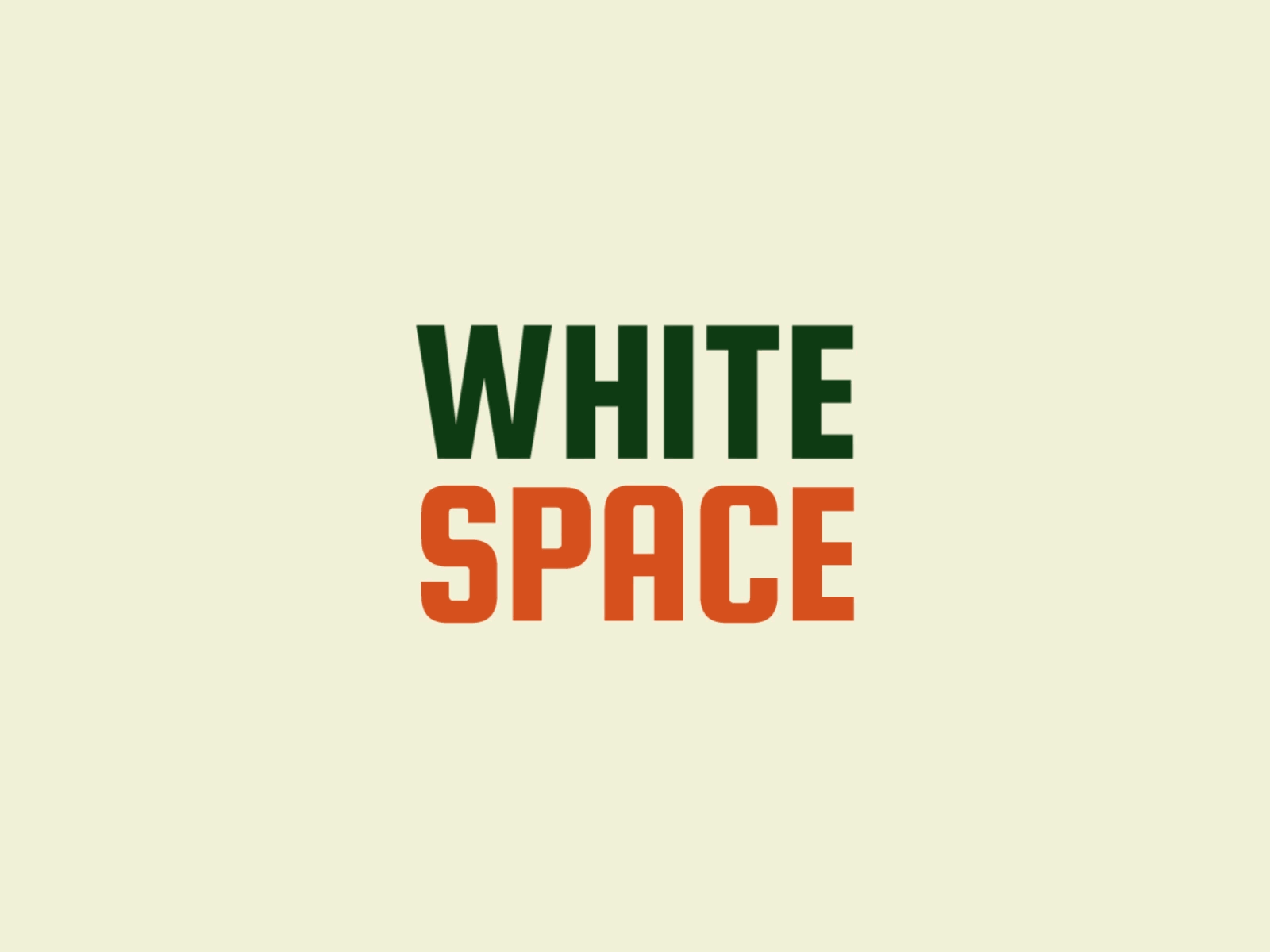When you're writing, you have to make some decisions. Do you want to write your content in a straight, orderly fashion? Or do you want to use white space, formatting that gives the reader's eyes a chance to rest between lines of text?

You can choose whichever writing style suits you and your audience best. But if I had to make one recommendation, it would be this: embrace white space. While it can be tempting to jam in as much information as possible, it is very important to incorporate white space into any piece of writing.
White space is a pretty new concept to most people. It's the blank that can be used to help you express yourself more clearly and effectively. It helps readers digest the text and find what they're looking for more easily. You don't want to force them to read through paragraphs that are too dense with words (unless of course, you're trying to write something like an encyclopedia entry).
White space is the most underrated part of any piece of writing. It's what makes your words stand out, and it's what helps you focus on what you're trying to communicate. But more often than not, we feel like we have to fill up every single line with our words. We think that if there's even a little bit of white space, readers will get bored and move on.

White space is an important part of writing and communicating. It's the space between words, sentences, and paragraphs that helps readers understand what you're trying to say. It signals that one idea has ended and another one has begun; it helps them know where they are in a document at any given moment—which makes it easier for them to follow along and remember what they've read later on down the road (even if they don't remember what was specifically said).
It's also the spaces between ideas in your head—the gaps that allow you to think about your next move before you act. When you're learning a new skill, for example, those gaps help you process what you've just learned so that you can apply it correctly; when you're trying to get through a difficult conversation with someone who makes you uncomfortable, those gaps help keep your cool and resist the urge to jump in with both feet.
White space is also important because it gives us time to breathe and enjoy life. Whether we're taking care of our bodies by eating right or getting enough sleep every night or doing something fun like playing video games or watching Netflix until midnight on Saturday night (totally not judging), it's important to take time out of our days for ourselves—and white space helps us do that by creating opportunities for breaks where we can recharge our energy levels before continuing on with whatever else needs doing next on our list of priorities.

In Conclusion
Writing is hard. It's one of those things we all have to do, but that doesn't mean we're all good at it.
That's why white space is so important. White space isn't just for making your writing look pretty—it can actually make you sound better.
In fact, white space can be your best friend when it comes to writing. It lets you breathe, and it gives your writing room to expand and grow. It gives your reader a break from all of the text they're looking at. It gives them a chance to breathe and take in what they've just read. Lastly, it helps your content look professional.
So when you're writing, try to leave some space between each paragraph or sentence. This will help your reader focus on what you're trying to say without getting distracted by the words around it. It also makes your writing feel easier to read, which will help them remember what they just read.


